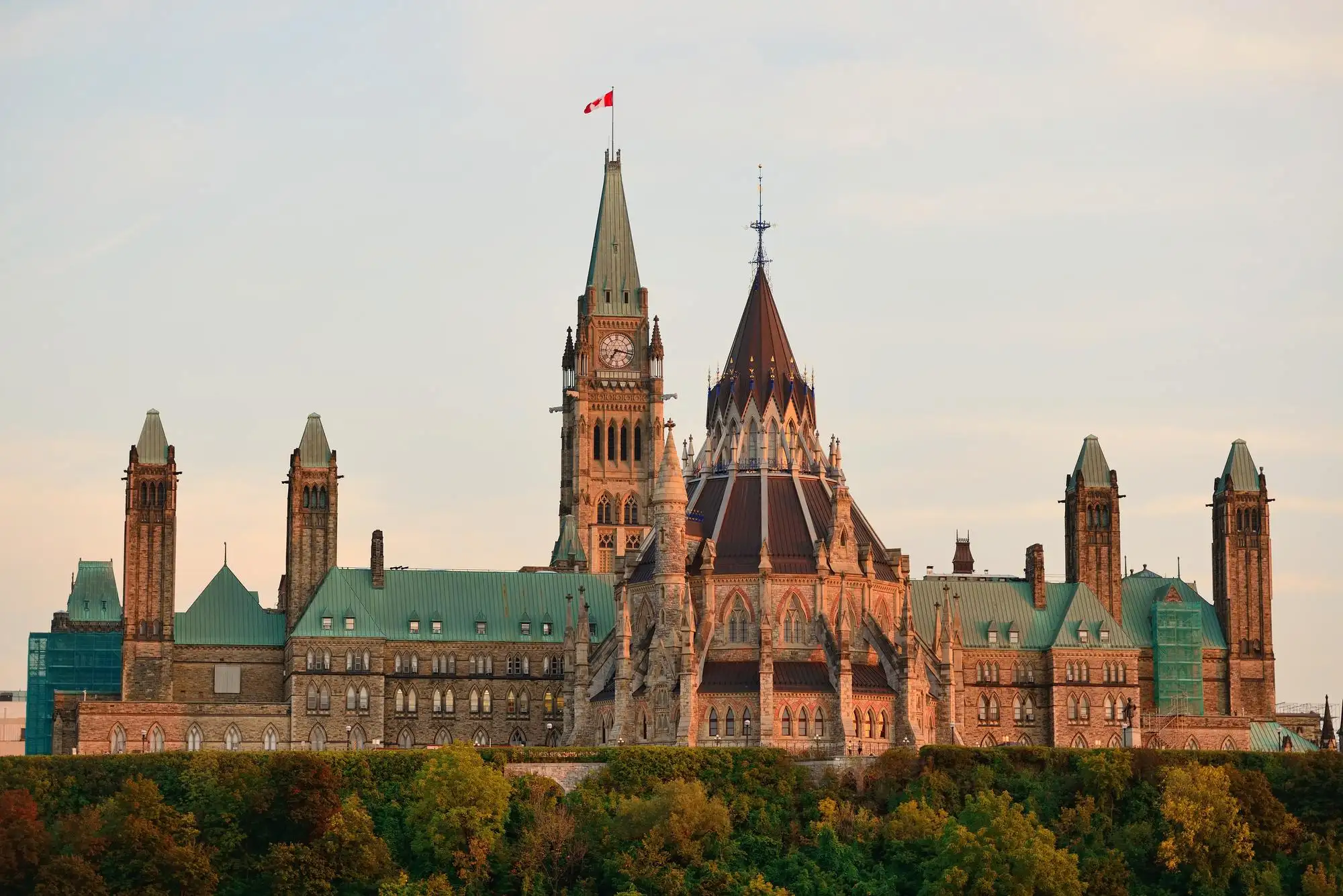The sentiment that a country ought to “tax the rich” has been circulating the airwaves for several years. With record levels of government spending, impending recession, inflation, an increase in immigration, and funding the Ukrainian war, the government needs more money. It seems like 2023 will be an opportune time for the Canadian government to introduce another round of tax on the rich (when the Liberals came to power in 2015, they also introduced a 4% tax hike on people in the top tax bracket).
According to the federal government, “wealthy Canadians” pay comparatively little personal income tax as a share of their income. As a result, as part of the 2022 fall economic statement, the liberal government reiterated their commitment to introducing a new minimum tax regime to ensure that all wealthy Canadians pay their “fair share” of tax.
What will this minimum tax for wealthy Canadians look like?
We don’t yet know how this tax will work exactly. However, in their 2021 election platform, the Liberal government announced their intention to create a minimum tax rule so that everyone in the top tax bracket pays at least 15 % each year, removing their ability to artificially pay no tax through “excessive” use of deductions and credits.
The top federal tax bracket in 2023 is $235,675. Therefore, this minimum tax would likely apply to people earning more than $235,675 (or whatever the highest bracket in the year will be) before factoring in certain deductions. The minimum tax ensures that these taxpayers pay at least 15% in taxes (assuming this is the rate that the government will announce in Budget 2023). If they already pay a 15% tax, this minimum tax will likely not apply. If they don’t – because of additional deductions or tax planning – the minimum tax is intended to apply.
Is this the right policy?
We don’t know whether this minimum tax would exempt one-time transactions. For instance, many Canadians who would not consider themselves “wealthy” may have one year with high income. For instance, after decades of hard work and risk, they may have sold their business in the year or received a lump-sum pension. We think it would be unfair to levy this minimum tax in such cases, which could significantly affect peoples’ retirement.
Moreover, the Income Tax Act provides certain deductions and tax benefits for good reasons, such as encouraging investments in small businesses, hiring people, and taking on risks. By levying a minimum tax, it could undo these objectives. Even worse, it may cause entrepreneurs to rethink whether Canada is the right place for them. We think that rather than a blanket minimum “tax on the rich, ” the government should look at the tax benefits more carefully and restrict them if they are worried people are inappropriately accessing them. We hope the government finds a way to exclude some tax benefits from the minimum tax to encourage entrepreneurs to invest in Canada while preserving the tax base.
What should I do now?
A minimum tax could significantly shut down the benefits of many tax strategies you have in place. Assuming this minimum tax is not grandfathered to start from 2023 onwards, it may be prudent to accelerate some tax planning involving deductions (i.e., the lifetime capital gains exemption, etc.). It would be best if you began conversations with your tax advisor in early 2023 to review your overall tax plan and see the potential impact of the minimum tax. For instance, if you were planning on taking advantage of the lifetime capital gains exemption on selling your business or farm, a minimum tax could result in a significant amount of tax.
We expect details to emerge in the 2023 Federal Budget (around March to April 2023).
We’re happy to help
If you have any questions about our article, please feel free to schedule a free consultation with one of our team members.


